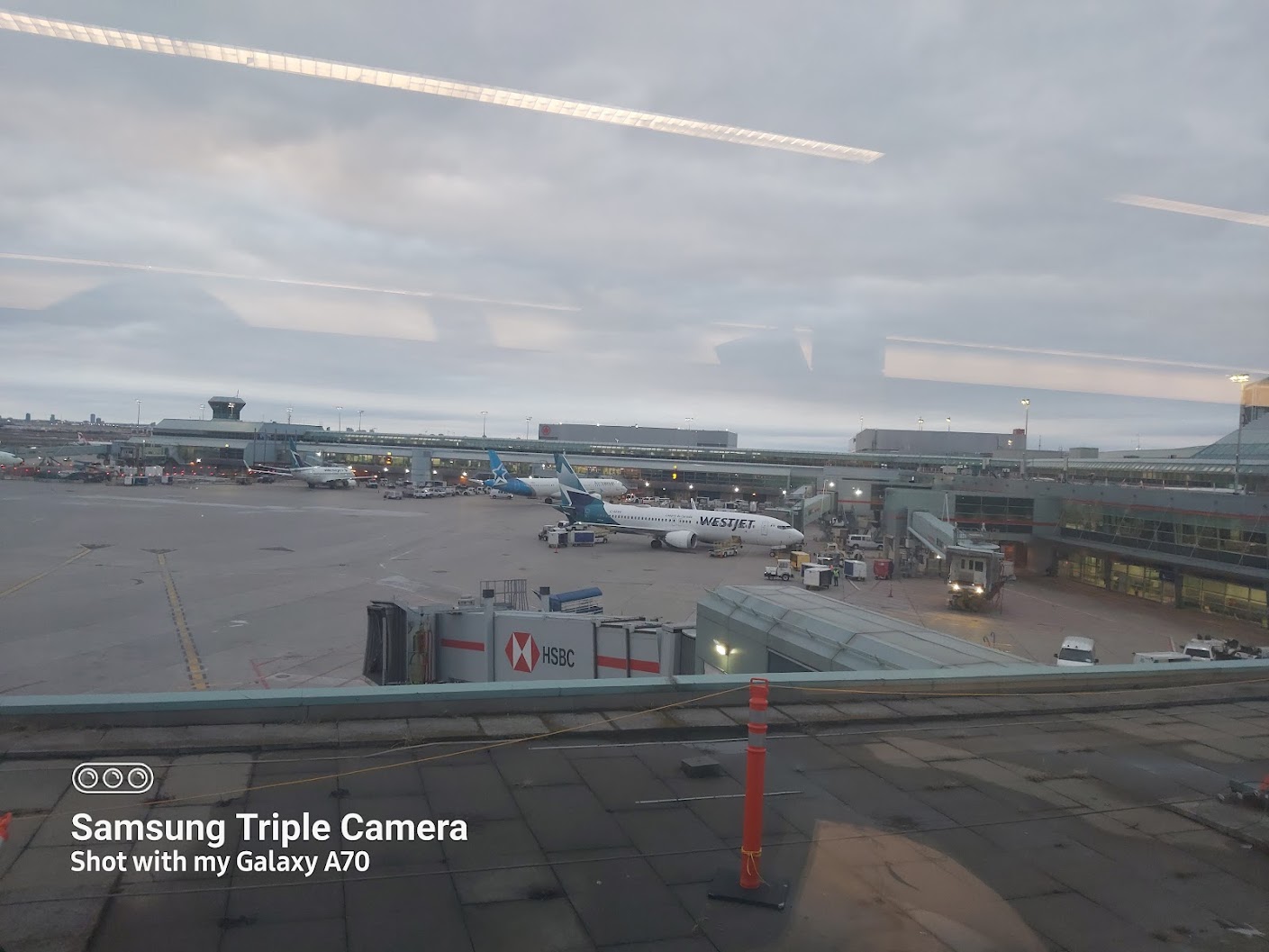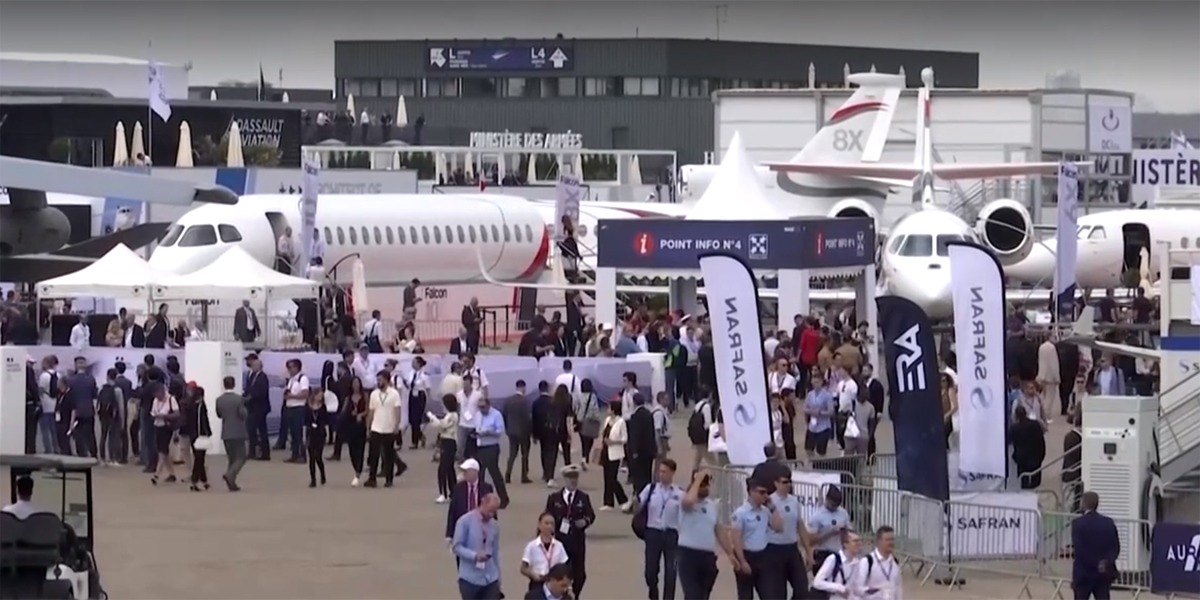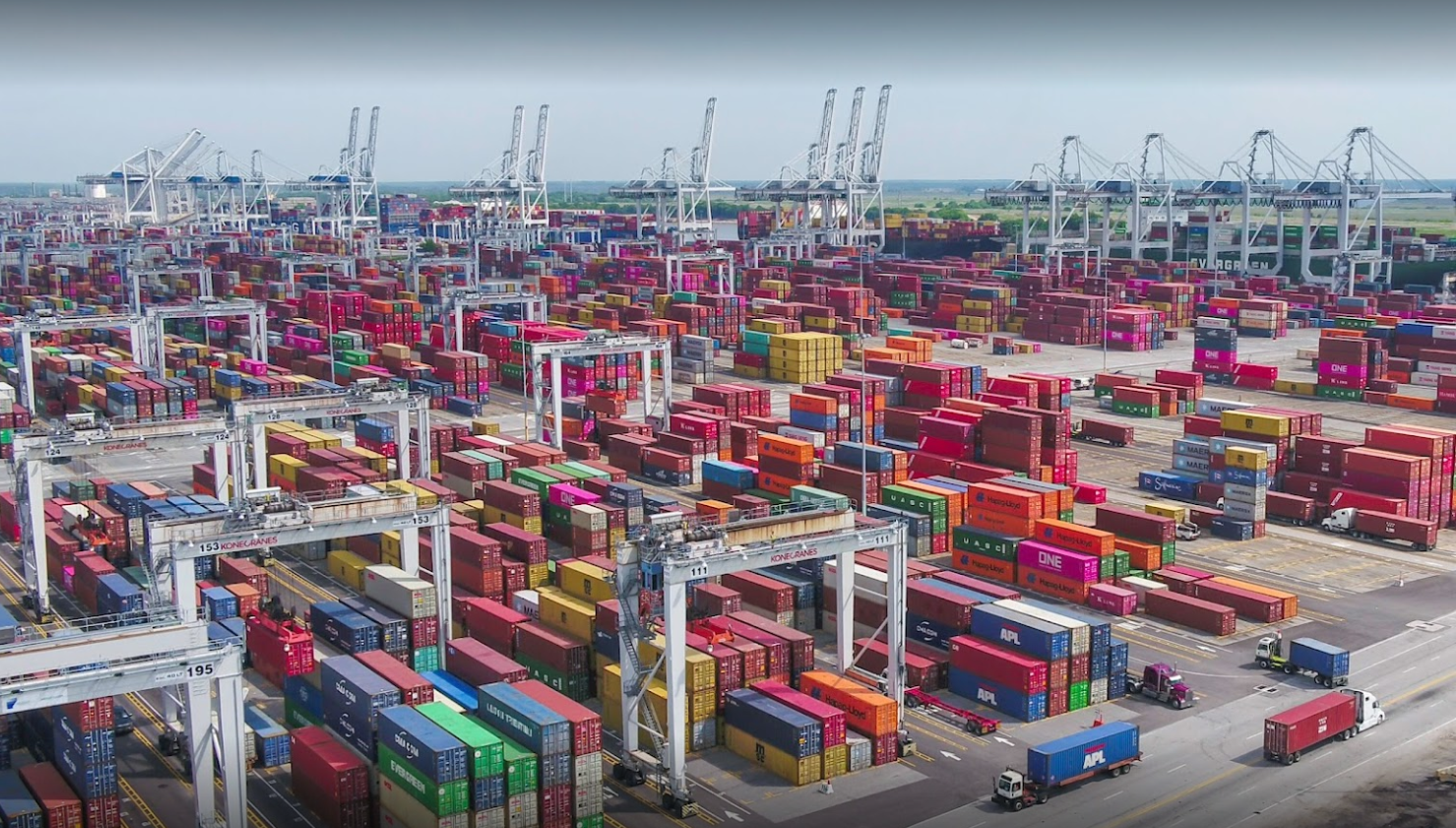
WestJet Cargo, a subsidiary of Canada’s second largest carrier, WestJet Airlines, which operates more than 777 flights per day, continues to break barriers and initiate innovative solutions in the air cargo industry.
A shining beacon of ingenuity and excellence, WestJet Cargo is once more pioneering new horizons through the leadership of Kirsten de Bruijn, the airline’s Executive Vice President for Cargo.
In this exclusive interview with Air Cargo Update, De Bruijn discusses WestJet Cargo’s remarkable journey of adapting and innovating in the face of numerous industry challenges and how it’s reshaping its future with a team of industry-leading experts she handpicked for the job.
As the industry undergoes significant transformations, WestJet Cargo remains at the forefront, rewriting the rules and redefining what it means to be a cargo powerhouse. With an unwavering commitment to customer satisfaction and a deep understanding of the intricate nuances of air cargo, De Bruijn and her dedicated team orchestrate a symphony of efficiency and reliability. As they navigate the vibrant air cargo landscape of North America, the cargo airline boldly carves a path of innovation and excellence, consistently setting new industry standards.
WestJet’s ingenious strategies to carve its future, manage talent shortages and foster a team of industry-leading experts are working in its favor. The result is a cohesive, diverse, and motivated group of cargo experts united in their mission to push WestJet to new heights.
Challenges Turned Opportunities: A Positive Perspective
“We view the challenges in a positive light,” De Bruijn shares. “Although we faced a downward market when we started, it has pushed us to be more vigilant and perform better than ever before.” She highlights how they utilized the main deck capacity of their three Boeing 787s, which was a significant addition to their existing belly cargo operations. “The certification process, though longer than expected, provided us with an opportunity to excel.”
“Our brand has always been well-liked and known for its positive and responsive culture,” De Bruijn explains. She emphasizes WestJet’s unique identity that resonates with customers. “Our competitors primarily operate larger aircraft such as Boeing 767 freighters and Boeing 747s with capacities of 35 tons or more,” De Bruijn says. “However, there are certain routes and smaller airports where operating such large aircraft becomes challenging or inefficient. In those cases, our more agile fleet is better suited to provide custom solutions to customers.”
“The entire year has been a journey of learning and discovery,” De Bruijn reflects. She highlights the comprehensive understanding she gained across various aspects of the business. “One positive outcome of this experience is that the aircraft has have proven to be much more reliable than expected,” she said, emphasizing their plans to install advanced communication systems to improve operational efficiency and expand their reach.
Remarkably, despite being parked for nearly a year, WestJet Cargo’s fleet of aircraft had shown excellent performance.
De Bruijn said the company plans to expand to other global markets, saying, “While we have been concentrating more on the North American side, we do see opportunities to explore further international markets.” She pointed out perishable goods as a promising vertical with their strong presence in passenger lanes.
Carrying pets is another market they want to focus on. “Another interesting vertical for us is the pet industry,” she adds, highlighting the unique aspects of the Canadian air cargo market and their focus on understanding and serving its diverse landscape.
In this captivating chapter of WestJet’s cargo symphony, challenges are transformed into opportunities, setting it apart with its unique strengths, unveiling new dimensions through continuous learning, and exploring international markets for diversified revenue streams.
The journey towards Cargo Excellence
De Bruijn explains the need for freighters, stating, “The cargo business operates differently from utilizing belly space alone.” She highlights the importance of optimizing cargo flow and maximizing both belly space and freighter capacity. “By introducing freighters, we have the capacity to handle everything and also optimize our wide-body aircraft operations to meet diverse cargo needs,” she said. She underscores the rising demand for e-commerce and the vast potential in the Canadian market.
“I consider myself fortunate in this regard,” De Bruijn explains, “Utilizing this knowledge, I actively pursued the specific individuals I knew would be a perfect fit for our team.” She proudly shares that they currently have no vacancies and adds, “I hand-selected each member of my management team, which is a first for me.”
De Bruijn underlines, “We are lucky to have a highly motivated and driven group of cargo experts from diverse backgrounds. In my opinion, our team ranks among the best in North America, if not the world.”
Highlighting WestJet’s progress in digitalization, De Bruijn shared, “WestJet has made significant strides in digitalization, including the implementation of the smart cargo system.”
WestJet is actively working on improving its digital platform, aiming for a 10-20% increase in online bookings this year. “WestJet aims to be easy to do business with, aligning with its culture of simplicity and hassle-free interactions. We are investing in connecting to third-party platforms and focusing on revenue management,” De Bruijn explains and emphasizes their commitment to operational efficiency and customer service through track and trace initiatives and sales CRM dashboards.
De Bruijn acknowledges the need for further advancements in digitalization, stating, “Tthe cargo industry as a whole still has a long way to go,” and affirms their dedication to ongoing efforts until December 2024.
With a clear vision and unwavering dedication, De Bruijn’s leadership propels WestJet’s cargo operations toward a brighter future. Through the adoption of freighters, careful selection of skilled professionals, and a strong focus on digitalization, WestJet Cargo is actively influencing the industry and redefining the standards for success in the cargo sector. The stage is set for continued success as optimized operations, exceptional team members, and streamlined processes drive WestJet Cargo forward
Change, Sustainability, and Integration
Regarding change management during the implementation of Smart Cargo, De Bruijn acknowledges the challenges faced and states, “People tend to resist change and often perceive the previous system as better.” She explains, “To address this, the company had change management advocates who were confident in the decision and provided motivational support.”
De Bruijn shares that personalized one-on-one training sessions were conducted with each customer to ensure a smooth transition.
She recalls, “Feedback from customers was collected and used to drive continuous improvement in the system.” De Bruijn highlights their commitment to customer service, stating, “The company invested in ramping up its contact center to provide support during the transition.”
She proudly mentions their company personally training at least 500 customers and expresses their dedication to ongoing improvements based on customer feedback. De Bruijn acknowledges that digitalization in the cargo industry still has a long way to go and emphasizes WestJet Cargo’s commitment to investing in necessary advancements.
De Bruijn stressed the importance of sustainability initiatives: “Our sustainability initiatives at WestJet are an important focus for us.” She explains their commitment to extending these initiatives to cargo operations and mentions Angela, the leader of their dedicated sustainability team, who oversees environmental, social, and governance factors.
De Bruijn states that they have set goals to become carbon neutral and have conducted a Sustainable Aviation Fuel (SAF) flight on the passenger side. She acknowledges the limitations in SAF availability in certain locations. She emphasizes their priority of reducing plastics and harmful materials, saying, “We are actively working with our ground handlers and exploring different initiatives to achieve that.”
De Bruijn also shares insights on integrating WestJet’s culture into newly acquired airlines, “It’s been a learning curve for us,” she said, explaining the challenges they faced due to the dynamic nature of cargo operations compared to stable passenger operations. The company’s dedicated team, however, is managing full freighter operations and initiated efforts in aligning the organization with cargo behavior.
De Bruijn expresses their focus on change management, motivation, and regular communication to integrate their culture. “We conduct roadshows, personally engage with duty managers, and keep our stakeholders close to ensure understanding and appreciation for the dynamic nature of cargo operations,” she said reflecting on the interesting journey they have embarked upon so far.
continue reading
Related Posts
After a four-year hiatus due to the pandemic, the International […]
DP World is purchasing new STS cranes, reachstackers and other […]



